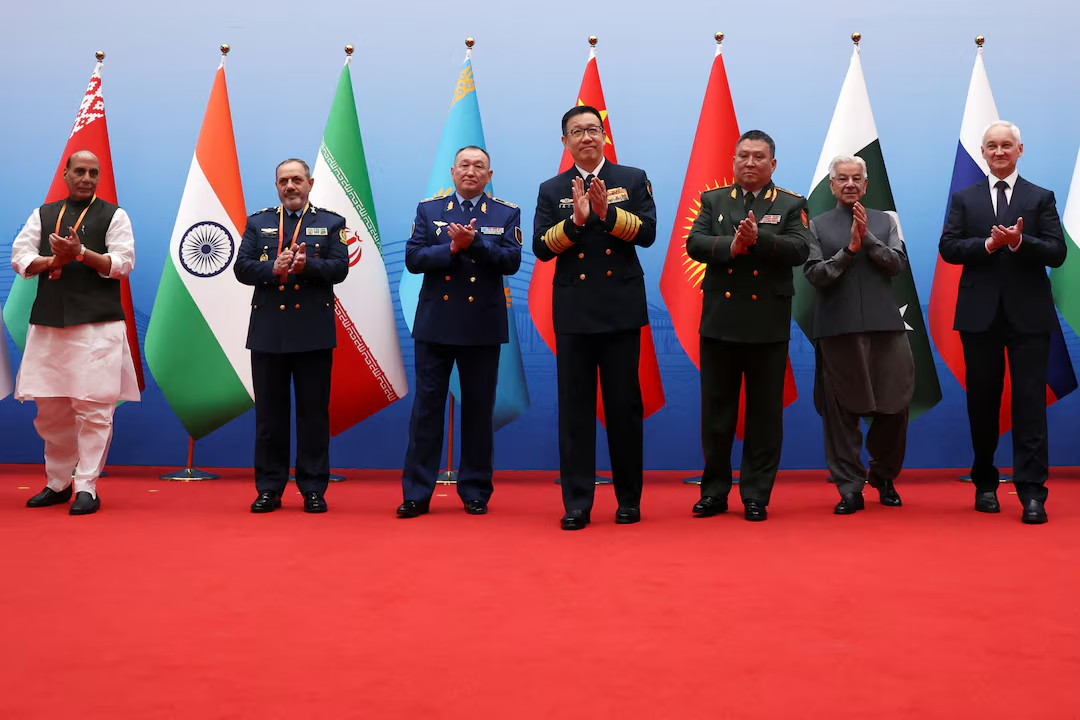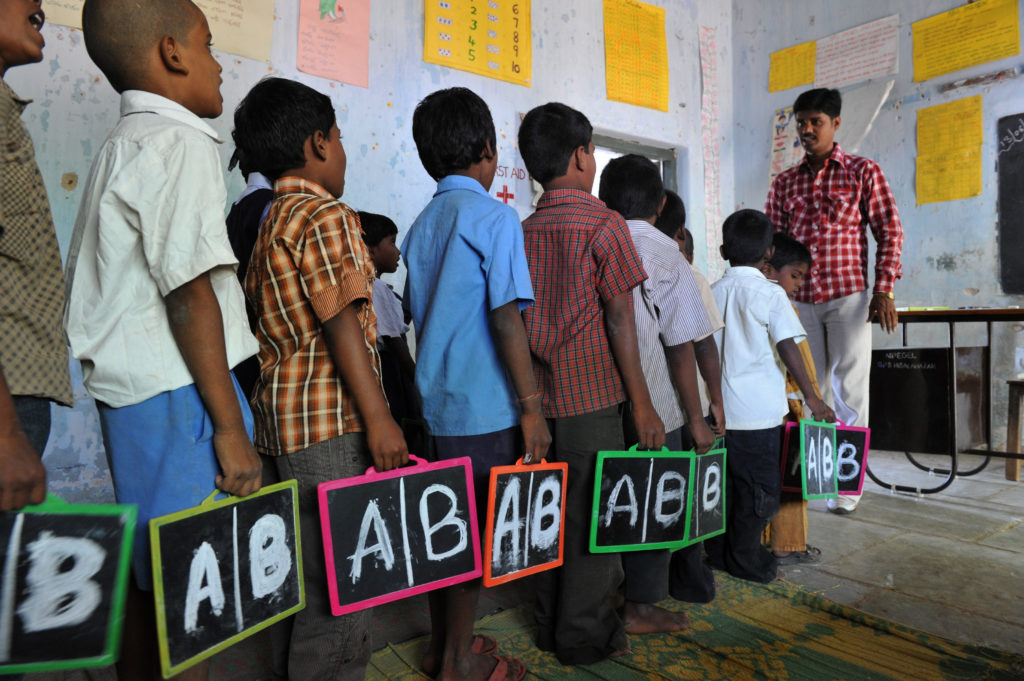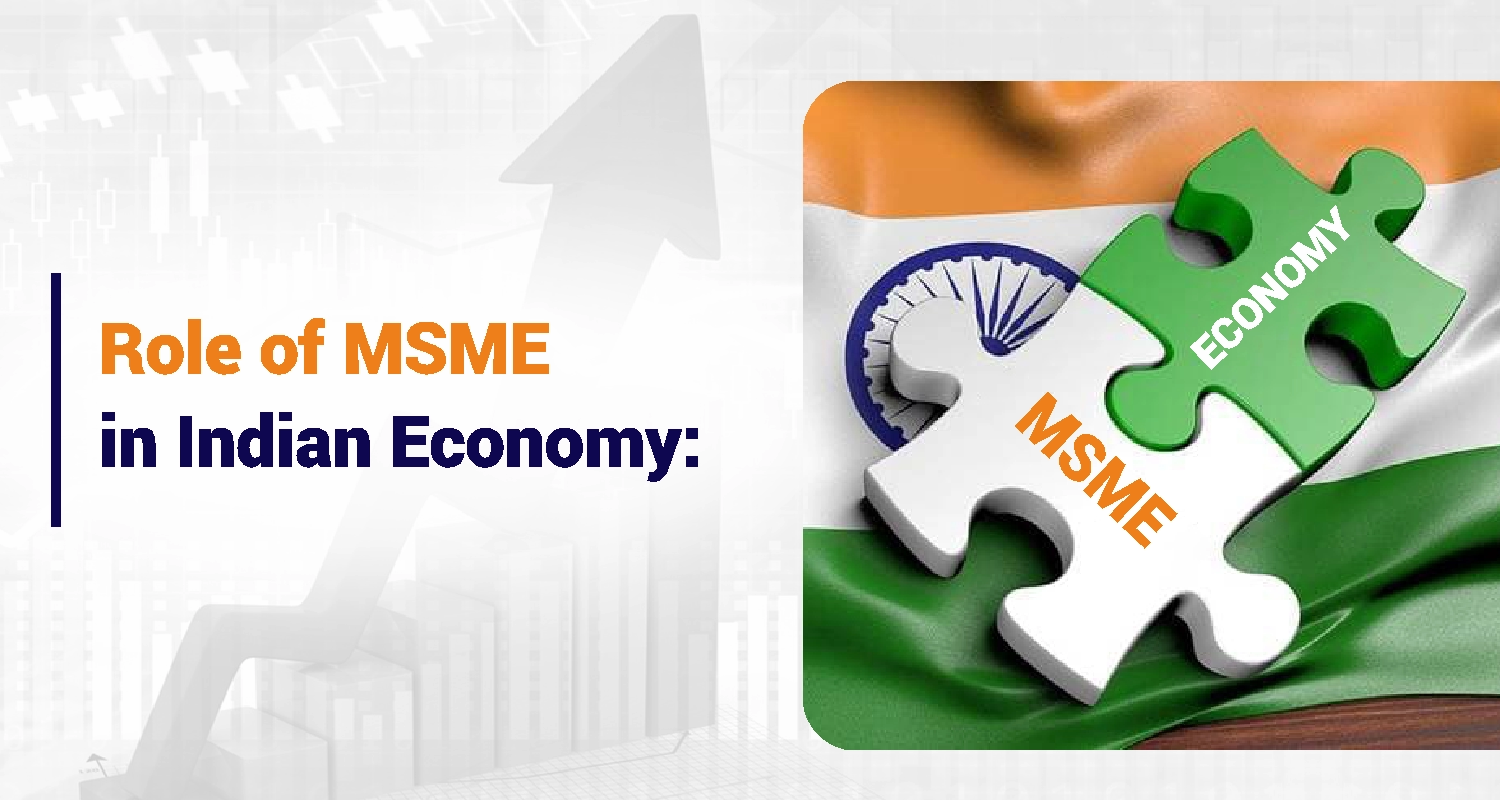- Courses
- GS Full Course 1 Year
- GS Full Course 2 Year
- GS Full Course 3 Year
- GS Full Course Till Selection
- Answer Alpha: Mains 2025 Mentorship
- MEP (Mains Enrichment Programme) Data, Facts
- Essay Target – 150+ Marks
- Online Program
- GS Recorded Course
- Polity
- Geography
- Economy
- Ancient, Medieval and Art & Culture AMAC
- Modern India, Post Independence & World History
- Environment
- Governance
- Science & Technology
- International Relations and Internal Security
- Disaster Management
- Ethics
- NCERT Current Affairs
- Indian Society and Social Issue
- NCERT- Science and Technology
- NCERT - Geography
- NCERT - Ancient History
- NCERT- World History
- NCERT Modern History
- CSAT
- 5 LAYERED ARJUNA Mentorship
- Public Administration Optional
- ABOUT US
- OUR TOPPERS
- TEST SERIES
- FREE STUDY MATERIAL
- VIDEOS
- CONTACT US
Parliamentary Oath and Council of Ministers
Parliamentary Oath and Council of Ministers
26-07-2024
In June 2024, the 1st session of the 18th Lok Sabha begins. Before the House starts its legislative activities, newly elected members must take the oath of Members of Parliament (MP), as outlined in the Constitution.
Bhartruhari Mahtab's Role
|
Term of an MP
- The five-year term of a Lok Sabha MP starts when the Election Commission of India (ECI) declares the results, according to Section 73 of the Representation of the People Act, 1951.
- MPs receive their salary and allowances from the date of the ECI notification. For instance, after the 2024 general elections, the ECI declared the results on June 6.
- MPs must also follow the anti-defection law; switching party allegiance can lead to disqualification if requested by their political party.
What is an Anti-Defection Law?
|
Parliamentary Oath
- Definition: The parliamentary oath is the pledge taken by elected representatives to the Parliament.
- Constitutional Provision: The 3rd Schedule of the Indian Constitution includes the text of the parliamentary oath.
- This schedule outlines the forms of oaths and affirmations for various constitutional roles, such as the President, Ministers, Judges, and Members of Parliament and State Legislatures.
- Through this oath, members swear or affirm to uphold the Constitution of India, maintain India's sovereignty and integrity, and fulfil their duties faithfully.
How Has the Oath Evolved Over the Years?
- Initial Draft Constitution: The original draft did not include the invocation (mention) of God in any oaths. It was prepared by the drafting committee, chaired by Dr. B.R. Ambedkar.
- Invocation of God: During the discussion on the President’s oath in the Constituent Assembly, members like K.T. Shah and Mahavir Tyagi proposed amendments to include God in the oath.
- Despite disagreements, the inclusion of God was accepted in the final draft.
- Recent Amendments: The last amendment to the oath was the Constitution (16th Amendment) Act 1963, which added the commitment to uphold India's sovereignty and integrity.
Authority
- Traditionally, the MP with the most terms served is appointed as the pro-tem Speaker for the first two days to administer the oath to all newly elected MPs.
- This was not followed in the 18th Lok Sabha.
- The President assigns the duties of the Speaker (pro-tem) under Article 95(1) of the Constitution until a new Speaker is elected.
- MPs take their oath or affirmation in the presence of the pro-tem Speaker.
Prerequisite
- Before taking the oath, MPs must present their election certificate to the Lok Sabha staff.
- This safeguard was introduced after a 1957 incident where a mentally unsound individual posed as an MP and took the oath in the House.
- MPs must use the name on their election certificate and follow the exact text of the oath; deviations are not recorded, and MPs may be asked to retake the oath.
- In 2019, when an MP added a suffix to her name while reading the oath, the presiding officer ruled that only the name on the election certificate would be recorded.
Multilingualism in Oath Taking
- After verification, MPs can take the oath or affirmation in English or any of the 22 languages specified in the Constitution.
- About half the MPs take their oath in Hindi or English.
- In the last two Lok Sabhas, Sanskrit has also been a popular language for taking oaths.
- While oaths and affirmations are a personal choice, 87% of MPs swore in the name of God in the last Lok Sabha, with the remaining 13% affirming allegiance to the Constitution.
Council of Ministers
- In June 2024, the President Droupadi Murmu administered oaths to the Central Council of Ministers of the new NDA government.
- The council is led by PM Narendra Modi.
- The new Council of Ministers is larger in size compared to the previous term.
- It includes: 30 Cabinet Ministers; 5 Ministers of State (Independent Charge); 36 Ministers of State.
About Union Council of Ministers (CoM)
- The Union Council of Ministers (CoM), also known as the Central Council of Ministers, is a key component of the executive branch of the Union Government.
- It functions as the real executive authority within India's Parliamentary System, as established by the Constitution.
- The Council advises the President of India and plays a crucial role in decision-making, policy formulation, and implementation.
Constitutional Provisions Related to the Union Council of Ministers (CoM)
|
Article |
Subject-Matter |
|
Article 74 |
Council of Ministers to aid and advise the President of India. |
|
Article 75 |
Other provisions for Ministers |
|
Article 77 |
Conduct of business of the Government of India |
|
Article 78 |
Duties of the Prime Minister regarding the furnishing of information to the President |
|
Article 88 |
Rights of Ministers regarding the Houses |
Composition of the Union Council of Ministers
The Union Council of Ministers is headed by the Prime Minister and includes the following categories of ministers:
- Cabinet Ministers
- Lead major ministries such as Home, Defence, and Finance.
- Participate in Cabinet meetings and are instrumental in policy decisions.
- Ministers of State (MoS)
- Can be attached to Cabinet Ministers or have independent charge of Ministries/Departments.
- When attached:
- May oversee departments within ministries led by Cabinet Ministers.
- Handle specific tasks related to those ministries.
- In both cases, they work under the supervision of Cabinet Ministers.
- With independent charge:
- Perform similar functions and exercise similar powers as Cabinet Ministers but are not part of the Cabinet and attend its meetings only if invited.
- Deputy Ministers
- Do not have independent charge of Ministries or Departments.
- Assist Cabinet Ministers or Ministers of State.
- Are not Cabinet members and do not attend Cabinet meetings.
- Parliamentary Secretaries
- Not part of the Central Council of Ministers (CoM).
- Appointed by the Prime Minister.
- Do not control any departments but assist senior ministers in their duties.
Appointment of Ministers
- The Prime Minister is appointed by the President of India.
- Other ministers are appointed by the President on the advice of the Prime Minister.
- Only those recommended by the Prime Minister can be appointed as ministers.
- A non-member of Parliament can be appointed as a minister but must become a member within six months to retain the position.
Oaths and Affirmations of Ministers
- Administered by the President of India.
- Oath of Office: In his/her Oath of Office, the Minister swears:
- to bear true faith and allegiance to the Constitution
- to uphold the sovereignty and integrity of India
- to faithfully and conscientiously discharge the duties of his office
- to do right to all manner of people in accordance with the Constitution and the law, without fear or favour, affection or ill-will.
- Oath of Secrecy: In his/her Oath of Secrecy, the Minister swears:
- that he/she will not directly or indirectly communicate or reveal to any person any matter that is brought under his consideration or becomes known to him as a union minister, except as may be required for the due discharge of his duties as such minister.
Collective Responsibility
- Article 75 states that the CoM is collectively responsible to the Lok Sabha.
- If a No-Confidence Motion is passed, all ministers must resign.
- Can advise the President to dissolve the Lok Sabha for fresh elections.
- Decisions bind all ministers; dissenting ministers must resign if they cannot support decisions.



